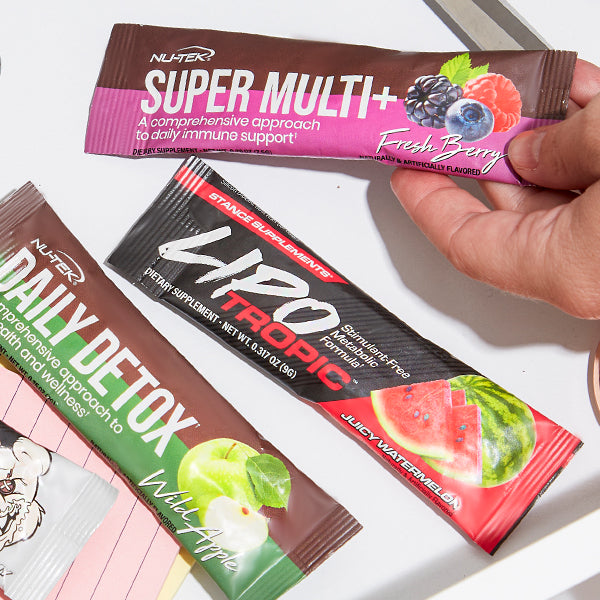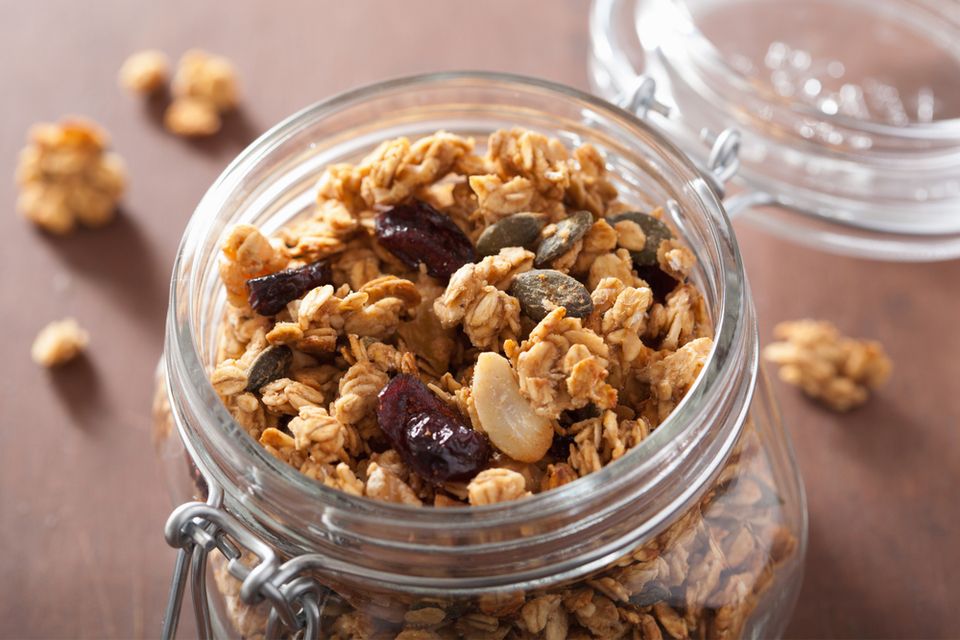Most people believe that to lose weight, all they have to do is go on a diet. What they don’t realize is that, in many instances, it is that very diet that could be contributing to the lack of weight loss and possible weight gain.
How is that possible you ask? Well, the simple reason is that depending on the diet, your body may be releasing hormones that prevent you from losing weight or losing the right weight.
You see, not all diets are designed the right way, and your body will react accordingly. If you have a diet that has a high combination of carbohydrates and fats in the same meal, you may end up storing more of the fat than utilizing it for energy. This happens because insulin secretion occurs with meals that have higher amounts of carbohydrates, especially processed or simple carbohydrates.
Coincidentally, insulin does not only affect the transport of carbohydrates, but it also affects the transportation of dietary fats into adipose tissue (fat cells). Because the body’s preferred energy source is carbohydrates, insulin will transport fats and store them for potential future use.
How do you avoid insulin from interfering with your weight loss? Make sure that your meals have either a fat or a carbohydrate, but not both. Or consider a glucose partitioning agent, such as GLYCOVEX, when you do have carbs.
Insulin is not the only hormone you have to worry about when you are trying to lose weight. Stress hormones like cortisol can have a significant impact on your weight-loss goals and prevent you from achieving any level of success even if you are doing everything else right, like sleeping well and exercising.
Cortisol’s role within the body is to serve as the important stress hormone during your fight or flight response. Cortisol possesses highly inflammatory properties that will not only increase the amount of water retention but will also increase your blood glucose levels by utilizing muscle-derived proteins to create that glucose. This means that it assists in the consumption of muscle as a fuel source while helping the body store and conserve glucose and fats.
Avoiding high amounts of stress or long periods of starvation will help reduce your body’s cortisol secretions, thus increasing the chances that your body will adequately utilize its energy sources.
Tips for maintaining hormonal regulation while dieting:
- Avoid starvation diets: If you are hungry all the time, you are starving yourself. Starvation increases cortisol release and prevents fat loss. You will lose weight, but it will likely be muscle weight.
- Get plenty of sleep: sleep is essential to maintaining hormonal regulation. Inadequate sleep will lead to a decreased secretion of growth hormone, which will cause a drop in your metabolic rate and lead to potential weight gain. Lack of sleep also increases cortisol levels in your body, which can lead to weight gain, particularly around your mid-section.
- Stay hydrated: Drinking an adequate amount of water helps maintain satiety, the sensation of a full stomach, and reduces hunger, which leads to less cortisol secretion and reduces the chances of overeating.
– By Dr. Oemil Rodriguez, MD, Bio-identical Hormone and Nutrition Specialist






